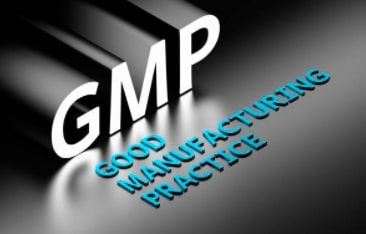Good Manufacturing Practice (GMP) training plays a pivotal role in the pharmaceutical and manufacturing industries, ensuring that products meet the highest standards of quality, safety, and efficacy. GMP guidelines are a set of regulations established by regulatory authorities worldwide to guarantee the consistent production of safe and effective products. Investing in GMP training is not just a regulatory requirement; it is a strategic move towards achieving excellence in manufacturing processes.
One of the key benefits of GMP training is the enhancement of personnel competence. Employees are educated on the importance of adhering to standardized procedures and best practices, fostering a culture of quality consciousness. Proper training empowers employees with the knowledge and skills necessary to maintain the integrity of manufacturing processes, from raw material handling to finished product distribution.
GMP training also emphasizes the significance of documentation and record-keeping. Accurate and comprehensive documentation is a fundamental aspect of GMP compliance, enabling traceability and accountability at every stage of production. Through training, employees become adept at maintaining detailed records, ensuring transparency and facilitating the investigation of any deviations from established procedures.
Moreover, GMP training significantly contributes to risk mitigation. By understanding potential risks associated with manufacturing processes, employees can proactively identify and address issues before they escalate. This proactive approach not only ensures the safety and quality of the products but also minimizes the likelihood of costly recalls and regulatory actions.
In an ever-evolving regulatory landscape, staying updated with the latest GMP guidelines is crucial. GMP training programs provide continuous education, keeping employees informed about changes in regulations and industry standards. This ongoing education is vital for adapting manufacturing processes to remain compliant and to meet the evolving expectations of regulatory authorities.
The implementation of GMP training goes beyond regulatory compliance; it fosters a culture of continuous improvement. Employees become more engaged in their roles, understanding the direct impact of their actions on product quality. This heightened sense of responsibility and accountability leads to increased operational efficiency and overall organizational excellence.
In conclusion, GMP training is not merely a regulatory obligation; it is an investment in the long-term success of a manufacturing facility. By prioritizing GMP training, companies can enhance personnel competence, ensure robust documentation practices, mitigate risks, and adapt to changing regulatory landscapes. The result is a culture of excellence that not only meets regulatory requirements but also surpasses customer expectations for safe and high-quality products.





Comments